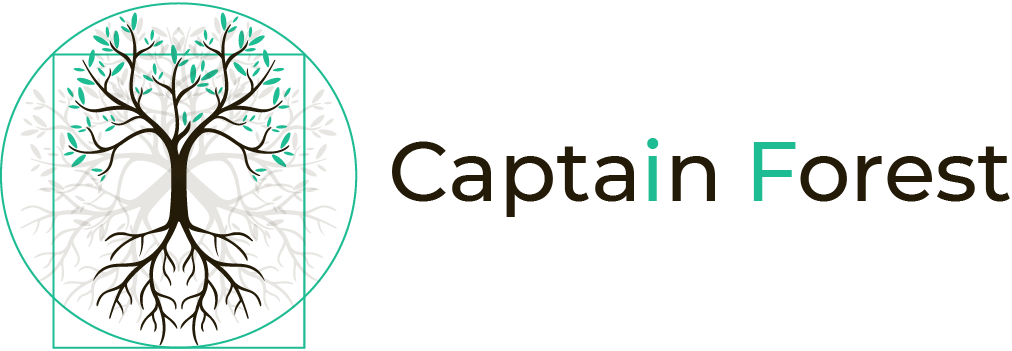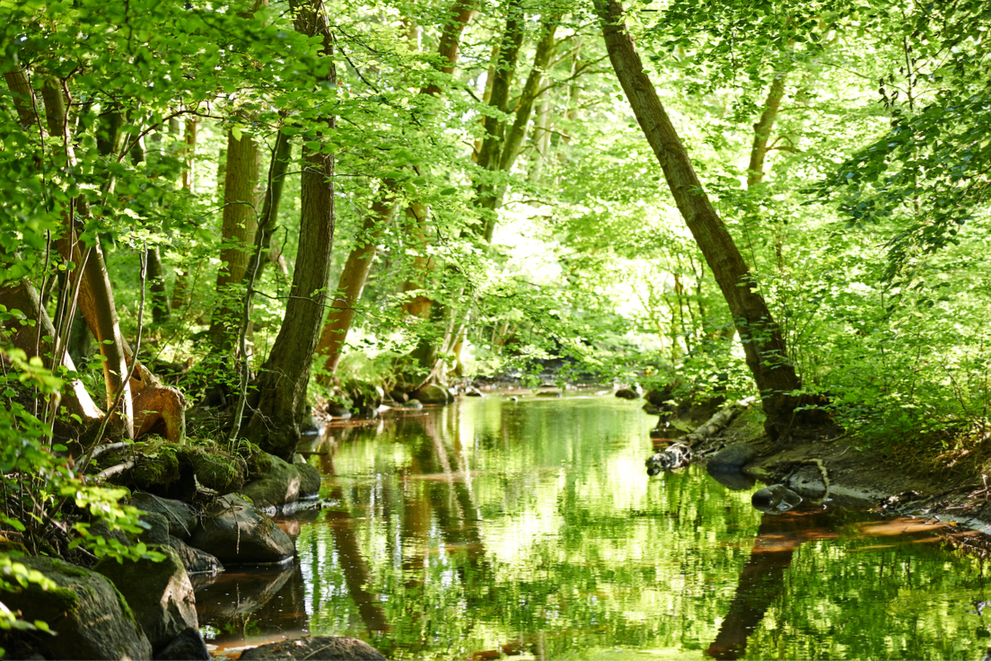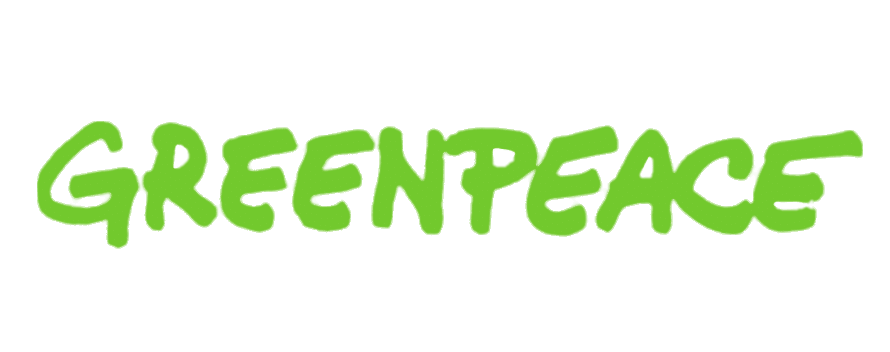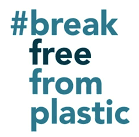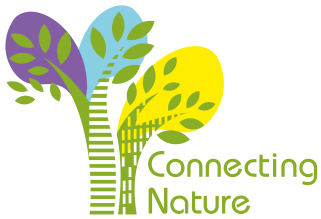SUBSCRIBE TO OUR NEWSLETTER
Receive once a month our decolonial ecology summary and event updates directly to your inbox 📨!
About Captain Forest
Captain Forest is an environmental and decolonial international media.
Since January 2022, Captain Forest has investigated the environmental crisis—with a focus on four sectors: plastic, waste, agriculture, and forestry—by interviewing global experts. Through the investigation, it became clear that colonial root causes are the blind spot of sustainability.
We believe that ecology is decolonial or isn’t.
Our global media platform amplifies the voices of international experts, sharing scientific, socio-economic, and geopolitical insights to uncover the depth of the environmental crisis and highlight colonial and systemic root causes.
Additionally, we empower organizations and civil society by offering high-impact educational programs designed to help them fairly lead the way in the ecological transition.
Captain Forest's Focus
Welcome to Captain Forest
Captain Forest is a global environmental and decolonial media!
About Lamiaa Biaz
Founder of Captain Forest"My name is Lamiaa Biaz. I studied economics, finance, and management in France and worked in the banking industry. However, I was concerned with the environmental crisis and mass poverty. So, I switched my career to focus on environmental and social issues. After leading projects funded by the European Commission to develop circular economy innovations and nature-based solutions, I created Captain Forest in 2022 to investigate the environmental crisis and amplify the voices of global sustainability experts".
Lamiaa Biaz's Ecological Journey
Captain Forest's Team
Captain Forest’s media building relied heavily on the devoted work of its founder, Lamiaa Biaz.
Since we have started we worked with 10+ independent freelancers, with a rehiring rate of 10%: developers, designers, marketing specialists, and translators.
As much as we can, we aim to hire freelancers from countries in difficult zones to give a social dimension to the project.
Experts involved with Captain Forest
Captain Forest has been leading an investigation since 2022, interviewing 40+ global experts from 15+ countries:
- Antoinette Vermilye, Founder of Gallifrey Foundation
- Christina Dixon, Campaign lead at the Environmental Investigation Agency
- Doon Moun, Policy Specialist at GAIA, Global Alliance for Incinerator Alternatives
- Lisa Erdle, Innovation Director at the 5 Gyres
- Piotr Barzack, Program Manager at ACEN Foundation
- … and many more
Learn more about experts here.
The Story of Captain Forest
Post-2024
Since 2024, Captain Forest specialized in decolonial ecology and has been interviewing 30+ sustainability experts from around the world… More about it will be revealed soon.
Captain Forest has also built and tested educational programs to help professionals lead a fair ecological transition.
2022-2023
Captain Forest became a sustainability media, interviewing 15+ global sustainability experts from 11 countries, leading regular zero-plastic campaigns on social media, and educating her community on zero-waste habits. As a result, Lamiaa Biaz, Captain Forest’s Founder, was included in Greenpeace‘s list of climate voices on social media of 2023.
2020-2021
Captain Forest became a plastic-free and permaculture blog. Lamiaa Biaz’s story of one year living plastic-free was published by Break Free From Plastic.
2018-2019
Captain Forest started as a second-hand good marketplace.
Back in 2018, during her MBA in INSEAD, a school surrounded by a beautiful forest, Lamiaa Biaz created a platform that she called Captain Forest to allow her classmates to buy/sell secondhand goods and reduce waste around the campus.
“I had chosen the “Captain Forest” name because forests are perfect ecosystems where waste becomes food—no piles of dead bodies, no trash.”

